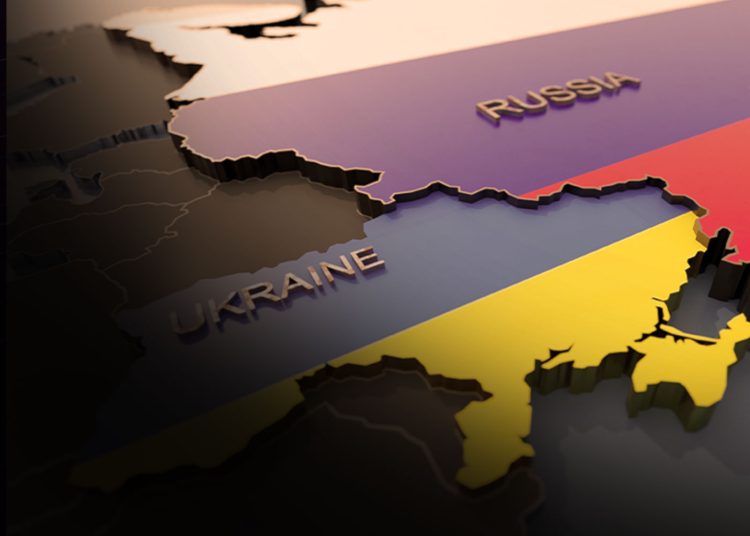According to the country’s economics ministry, the Russian invasion of Ukraine in February 2022 caused tremendous human misery and severely damaged Ukraine’s GDP, which shrank by a third. The conflict has had a substantial impact on international trade, even as Western sanctions are beginning to deplete Russia‘s oil and other export incomes. Although damaging some of the most productive fields in Eastern Europe, the war also continues to have a significant influence on the price of natural gas and basic goods.
For Ukraine, a decade of blatant hostility by Russia culminated in an invasion. This aggression included the occupation of territory to the east of the nation, most notably the Crimean Peninsula. For the remainder of the world, the invasion occurred after the Covid pandemic, which had lasted for two years and had already caused record increases. Public debt, cost-of-living crises fueled by inflation, and labor shortages in many industries due to a “great resignation” of people who had found an alternative way of life during the pandemic were already bad enough for many people.
Ukraine Position in the War is Better Than Expected, at Least
The Russian invasion of Ukraine hastened the trend of deglobalization and heightened economic protectionism, which have been fanned by the trade battles between the U.S. and China since 2016 and by Brexit in 2020. Moreover, trade barriers caused by financial sanctions against Russia have led to the current period of trading with allies, in which dependability and stability are valued more highly than proximity and price.

According to Yulia Svyrydenko, Ukraine‘s economy “suffered the worst losses and harm in its history of independence during 2022.” Nonetheless, the expected 30.4 percent decline in GDP is substantially better than anticipated by analysts soon after Russia‘s invasion in February 2022. The majority of forecasts at the time indicated that Ukraine’s economic production would decline by more than 40%.
The Effects on the Emerging Economies are Unprecedented
In the first six months of the conflict, gas prices nearly doubled, and power prices rose on average by 70% across Europe. Several governments responded differently, with some expecting their citizens to cover the expenses and others paying for home power as a result of forthcoming election cycles.
The world’s poorest people live in emerging economies, which have been struck the hardest by food shortages brought on by the conflict. According to the Food and Agricultural Organization of the United Nations (FAO), the worldwide Food Price Index (FPI) increased by 12.6% between February and March 2022. Since the program’s beginning in 1990, this is the highest level.
You may be interested in: Revolutionizing Data Management with Arweave: How It Works and Why It Matters











